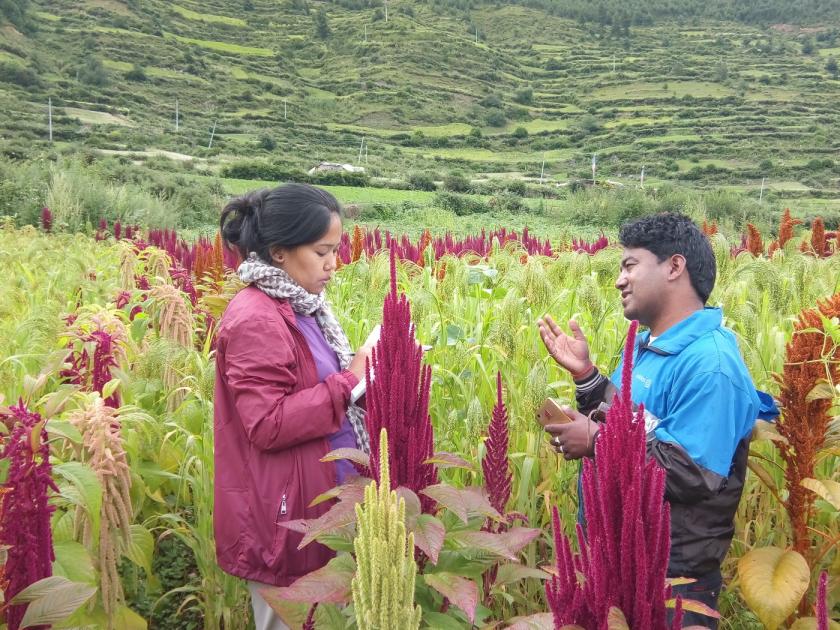United Nations Environment Programme
Half of the world’s population is directly engaged in agriculture and nearly 40 per cent of land is devoted to agriculture and livestock. Food production sustains us all, but it also comes at a cost: water sources are being depleted and contaminated by food production, and unhealthy diets are burdening our health care systems.
Despite the huge challenges faced by the agriculture sector, food production also offers a tremendous opportunity to realize the Sustainable Development Goals and the Paris Climate agreement targets while stemming environmental degradation and biodiversity losses. But we need to change the way we feed ourselves. And we need to do it quickly.
“By 2050, our planet will need to feed close to 10 billion people. It is vital that we transform our agricultural and food systems so they work with and not against nature. This is the only way to ensure people everywhere have access to a healthy and nutritious diet,” says Inger Andersen, Executive Director, UN Environment Programme.
In April 2018, the Food and Agriculture Organisation of the United Nations along with other United Nations partners, including UN Environment, launched a new initiative for tackling these issues.
The Scaling Up Agro-ecology Initiative aims to show how diversified agri-ecological systems are vital not only to addressing poverty, hunger, and climate change mitigation and adaptation, but also for directly realising 12 of the 17 Sustainable Development Goals in areas such as health, education, gender, water, energy and economic growth.
Agro-ecology is the use of ecological and social concepts and principles in agricultural production systems. There is no single definition, but it implies sustainable, integrated land management and involves diversification of the production system, including agroforestry. It’s closely linked to organic or low-external-input farming. Other terms such as regenerative agriculture or eco-agriculture are also used.
“Agro-ecology can be identified in scientific literature since the 1920s, and has found expression in family farmers’ practices, in grassroots social movements for sustainability and the public policies of various countries around the world,” says Emma Siliprandi, lead focal point for the Scaling up Agro-ecology Initiative at the Food and Agriculture Organisation.
Gaining momentum
Back in 2013, the Food and Agriculture Organisation did not pay much attention to agro-ecology. But things have changed enormously since then, as governments and farmers across the world are realising that throwing increasing amounts of pesticides and fertilisers at crops is no longer sustainable, viable or, in the long term, profitable.
“Agroecology is about mainstreaming biodiversity in agriculture and bridging the gap between the producers of food and consumers,” says Emile Frison, the former Director-General of Bioversity International, a leading proponent of agro-ecology, and a current member of the International Panel of Experts on Sustainable Food Systems (IPES-Food).






